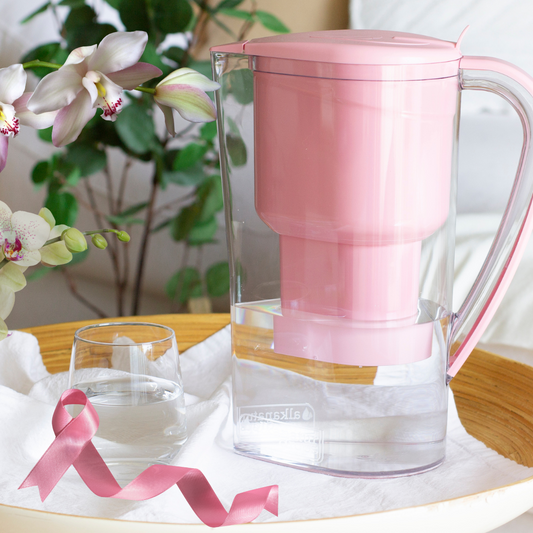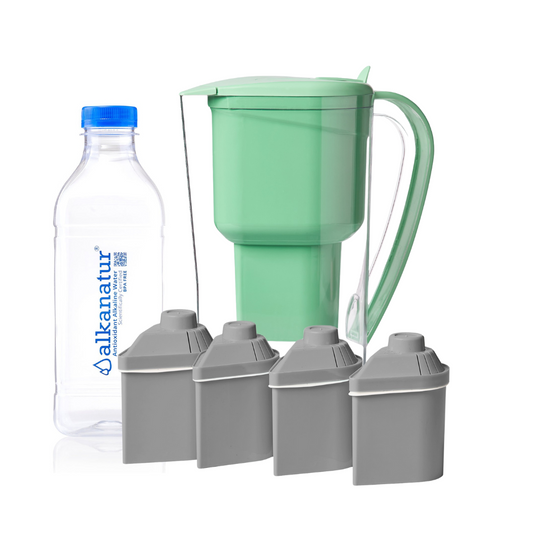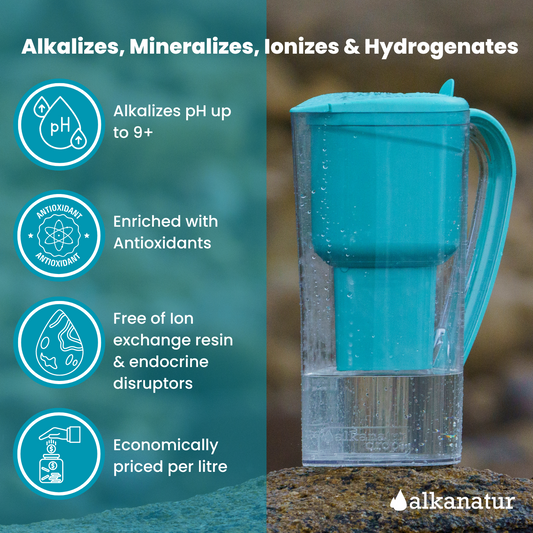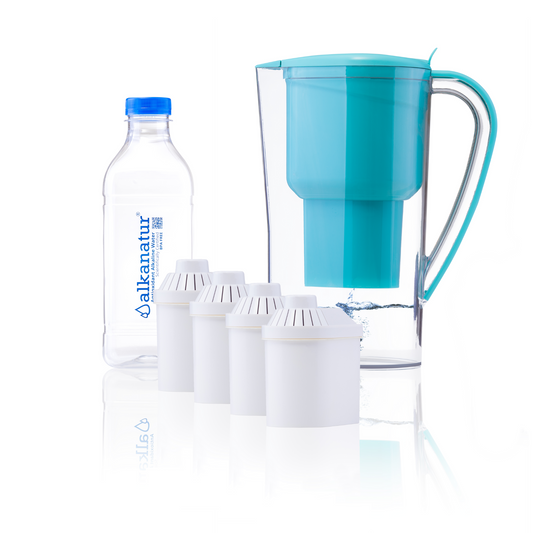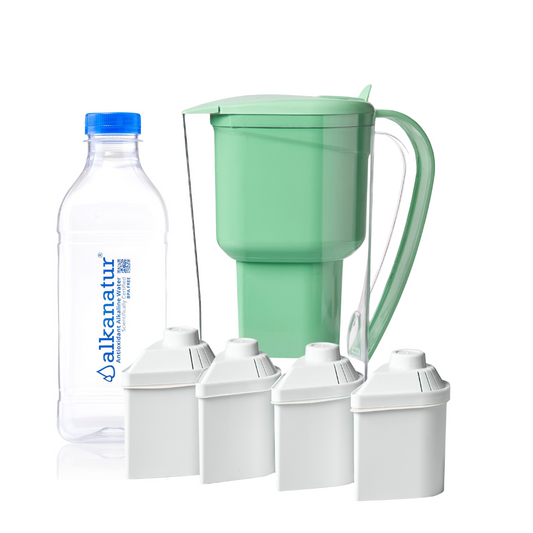Houseplants can be a wonderful addition to a healthy home. Although tap water is a practical option, it frequently contains chlorine, which may have negative consequences on plant health. The advantages of watering plants with chlorine-free water, such as Alkanatur, as well as the various benefits of using alkaline or acidic water for plant care are discussed further in this blog post.
The Value of Chlorine-Free Water for Plants
Adding chlorine to tap water as a disinfectant to eradicate dangerous bacteria is typical. On plants, however, this has detrimental effects, especially on sensitive plants like orchids. Chlorine can interfere with the beneficial microbial activity in the soil, impacting the uptake of nutrients and the health of the roots. By utilizing water devoid of chlorine, you lessen the chemical stress on your plants and promote their natural growth.
Increasing Soil Health: Chlorine has the capacity to increase the acidity of the soil by changing its pH values. This may have a detrimental impact on nutrient availability and impede plant growth. Utilizing water that is free from chlorine helps to keep the pH level of the soil balanced, promoting the best conditions for nutrient uptake and microbial activity.
Benefits of Alkaline Water for Plants:
Nutrient Availability: Acidic soils can be neutralized by alkaline water due to its higher pH level. Watering with alkaline water can help raise the pH in areas where the soil is typically acidic and increase the accessibility of vital nutrients to plants. This encourages more robust growth and general wellness.
Disease Resistance: In acidic environments, some plant diseases thrive. You can make an environment that is less conducive for these diseases by using alkaline water, which lowers the risk of disease and boosts plant resistance.
Alkaline water also helps the soil's organic matter break down, which increases the availability of nutrients. Essential nutrients are released during this breakdown, making them easier for plant roots to absorb.
Why Some Plants Benefit from Acidic Water:
Some plant species, including azaleas, rhododendrons, and blueberries, perform well in acidic soil. When watering these plants, using slightly acidic water aids in maintaining the appropriate pH range, encouraging healthy growth and vivid flowers.
Acidic water can help plants absorb iron by facilitating this process. A common problem that inhibits plants' capacity to synthesize chlorophyll and results in yellowing leaves is iron insufficiency. You can improve iron absorption and avoid inadequacies by watering with slightly acidic water.
Acidic water can also be applied to soil as a natural amendment to help bring down the pH of alkaline soils. This is advantageous when growing crops that like a somewhat acidic environment, such as potatoes, tomatoes, or other acid-loving plants.
Watering your indoor plants with chlorine-free water has many advantages, reducing chemical stress and enhancing the health of the soil. Additionally, by being aware of the various advantages of alkaline and acidic water, you can adjust your watering techniques to meet the particular requirements of your plants. With the appropriate kind of water, you may encourage healthy, thriving plants by altering pH levels, improving nutrient uptake, or boosting disease resistance - and keeping your air at home cleaner! Explore the possible advantages of alkaline and acidic water for your plant care regimen while embracing the power of chlorine-free water.
Alkanatur Alkaline Water Filter Pitcher with Magnesium & Antioxidants – Alkanatur North America
Yum - Chlorine! Who wants to drink disinfectant? – Alkanatur North America



